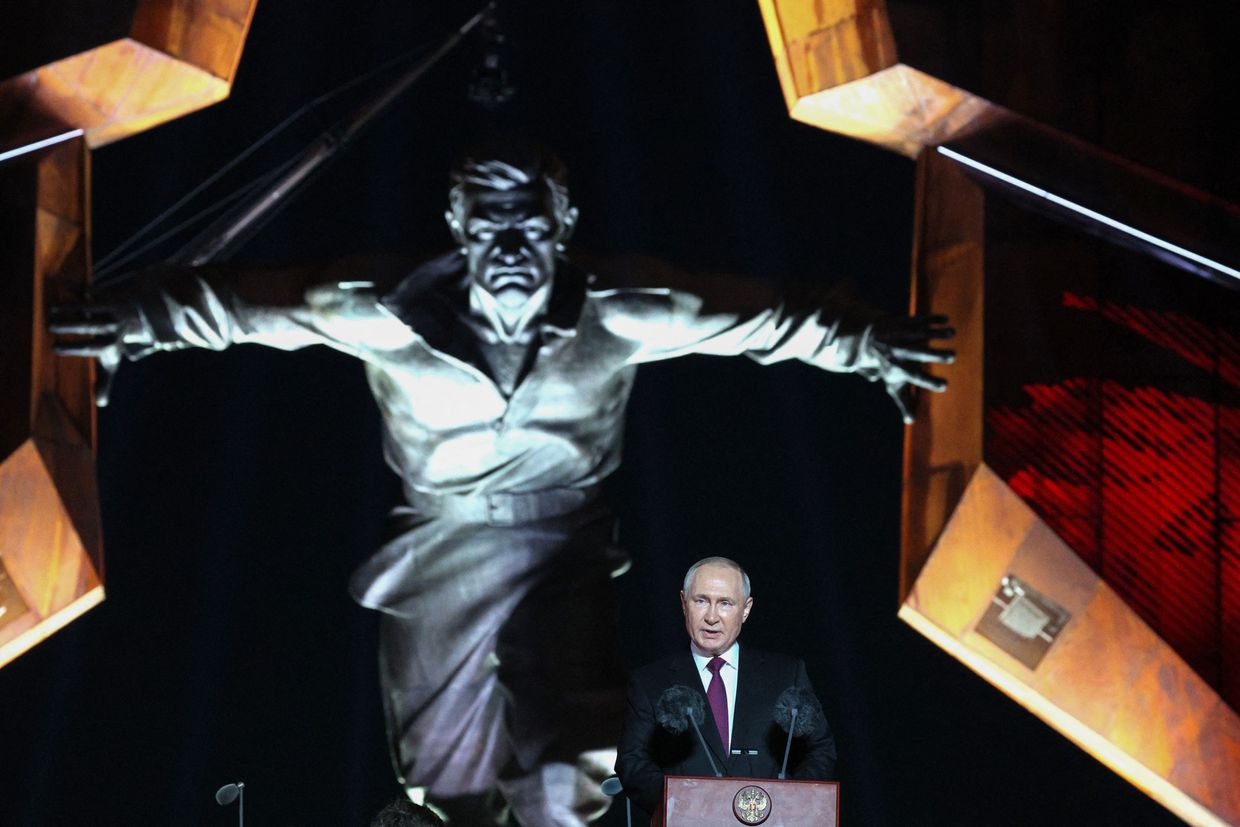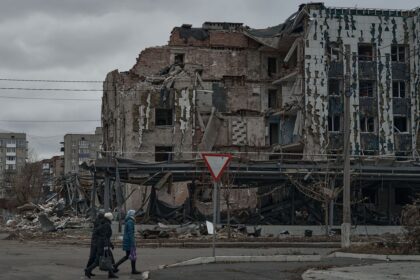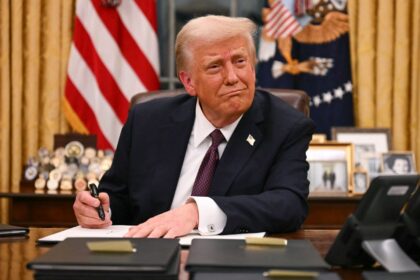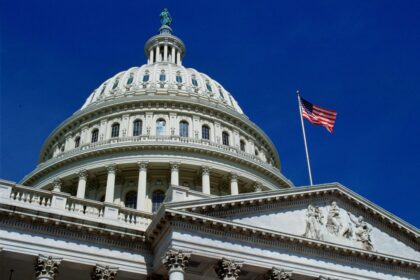This article discusses the rise of Alexander Dugin, a Russian scholar and philosopher, who is being closely watched by authorities in Russia. The author argues that Dugin’s ideas are not representative of traditional Russian values, but rather a tool for promoting Putin’s agenda and justifying Russia’s actions.
The author notes that Dugin’s views on Ukraine, Europe, and the US are similar to those of Putin, and that he has been involved in efforts to normalize Russia’s annexation of Crimea. The article also mentions that Dugin has been using capitalist tools to commercialize his ideas in the West, adapting his views depending on where he is.
The author suggests that Dugin’s influence is not representative of the Russian intellectual community as a whole, but rather a minority view that has gained prominence due to government support and manipulation. The article also notes that self-censorship is prevalent among academics in Russia, who are afraid to speak out against government policies or ideas like Dugin’s.
The author argues that state censorship is more about punishing individual dissidents, while universities and institutions are often more effective at enforcing self-censorship through fear of reprisal. This creates a culture of paranoia and silence among scholars and intellectuals in Russia.
The article also mentions that some of Dugin’s views on the West, particularly Europe, have been tailored to appeal to Western audiences. In contrast, his Russian publications emphasize authoritarianism and totalitarianism, reflecting his close ties with Putin’s government.
Overall, the article portrays Dugin as a symbol of Russia’s intellectual decay and the manipulation of ideas for political purposes, rather than a genuine representative of traditional Russian values or philosophy.












